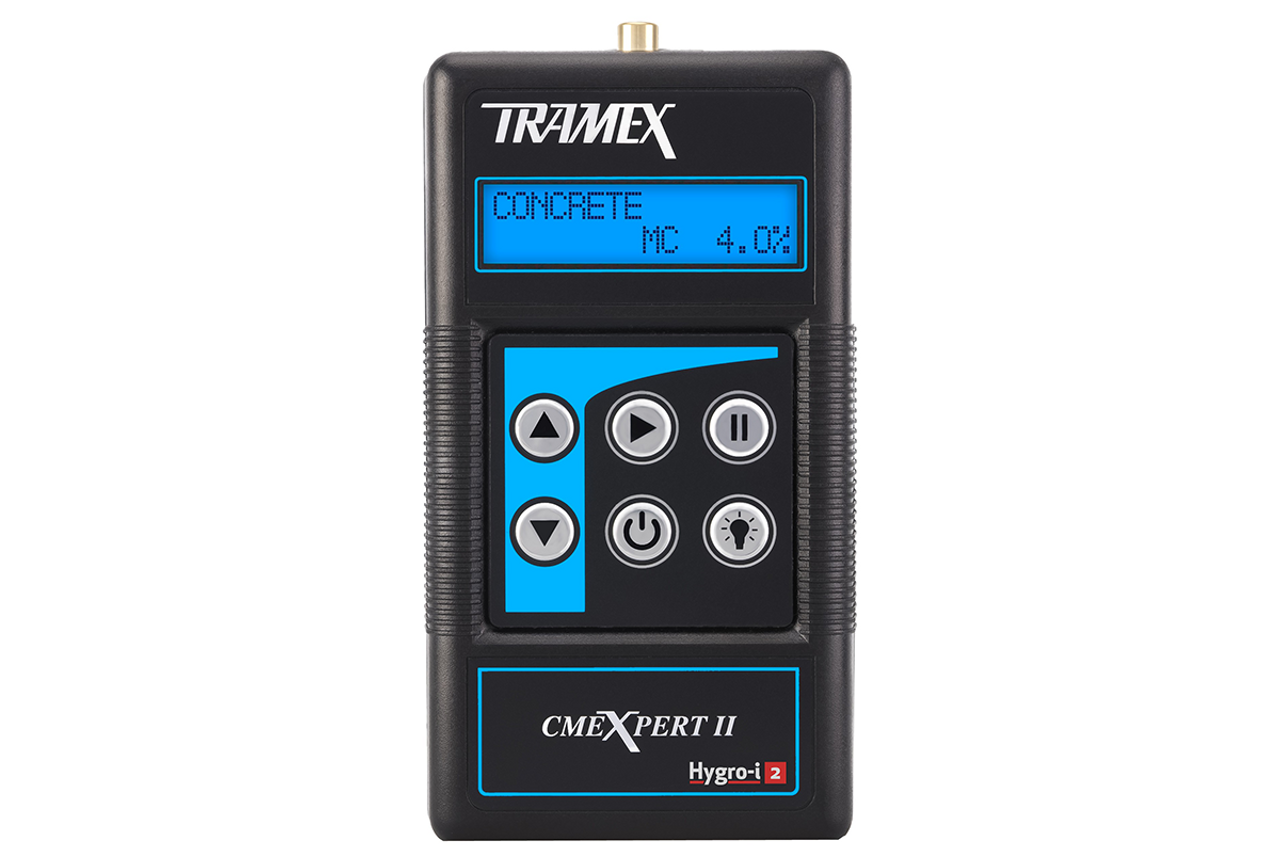Moisture Meter Reviews: Contrasting the most effective Models for Professional and DIY Use
The Ultimate Overview to Wetness Meters: A Comprehensive Introduction and Exactly How They Can Conserve You Money
In the realm of structure upkeep, building and construction, and numerous markets, the importance of properly gauging wetness levels can not be overemphasized. Wetness meters function as crucial tools in identifying and checking moisture content in materials, assisting in stopping costly problems and guaranteeing the top quality of products. Recognizing the nuances of various kinds of wetness meters, their applications, and the potential cost-saving advantages they offer can be a game-changer for organizations and experts alike. Uncovering how these gadgets can not only enhance processes however also add to financial cost savings is a trip worth beginning on.
Kinds Of Dampness Meters
One usual kind is the pin-type moisture meter, which measures the electric resistance between two pins placed right into a product. Pinless wetness meters, on the other hand, use electromagnetic sensor plates to check a bigger area without triggering damage to the product's surface area.

Additionally, there are also specialized moisture meters made for details materials like soil, hay, or grain. These meters supply accurate dampness analyses tailored to the special properties of the product being tested. Infrared dampness meters measure the thermal residential or commercial properties of a product to determine its dampness material non-invasively, making them helpful for applications where pin or pinless meters might not appropriate. Comprehending the various kinds of moisture meters readily available can assist industries pick the most ideal device for their specific wetness dimension requirements.

Advantages of Utilizing Wetness Meters
Dampness meters supply very useful advantages in accurately keeping an eye on and assessing moisture degrees in diverse products and settings (Moisture Meter). One of the main advantages of using dampness meters is the avoidance of potential damage triggered by excess dampness. By finding and addressing high dampness levels beforehand, dampness meters help to avoid mold growth, rot, and structural damage in buildings, saving both money and time on repair services. In addition, dampness meters help in making certain the top quality of products throughout building and construction or production procedures. By properly gauging dampness material, these devices assist preserve the stability of wood, drywall, concrete, and other materials, reducing the risk of failings or issues.
In addition, making use of dampness meters can bring about boosted power effectiveness. By determining locations with high wetness levels, such as leaks or poor insulation, changes can be made to boost energy conservation and reduce energy expenses. In agricultural setups, wetness meters play a vital role in optimizing plant yields by making it possible for farmers to check dirt wetness degrees and make educated irrigation decisions. In general, the advantages of utilizing moisture meters extend across numerous sectors, supplying economical services and promoting far better quality assurance methods.
Exactly How to Pick the Right Wetness Meter
When picking a dampness meter, it's crucial to make certain that the meter is appropriate for the details product you will certainly be testing. Different materials have differing electric residential or commercial properties that can impact moisture analyses, so picking a meter created for your product is important for precise results. By carefully reviewing these factors, you can pick a wetness meter that meets your demands and supplies precise dampness dimensions for your projects.
Proper Methods for Moisture Meter Use

Cost Savings Through Moisture Meter Applications
Exactly how can the strategic use of moisture meters lead to substantial expense financial savings across various markets? In the agriculture market, moisture meters help in determining the optimum time for harvesting plants, avoiding excess or over-drying moisture that can influence the final product's high quality.
Similarly, in building, moisture meters aid avoid costly problems by discovering moisture degrees in structure materials, such as timber or concrete, which can cause structural issues otherwise dealt with promptly. By identifying issue locations early, service providers can take restorative actions to prevent considerable repair services or replacements, eventually conserving money and time.
Furthermore, in the food processing industry, wetness meters are essential for keeping an eye on item quality and making sure conformity with safety guidelines. By precisely determining dampness content in foodstuff, producers can prevent wasting, keep freshness, and decrease waste, causing significant expense savings. Overall, the tactical application of moisture meters is a useful investment that can result in considerable price decreases and improved efficiency across different markets.
Verdict
In conclusion, dampness meters are useful tools for identifying and determining wetness degrees in different products. By using the appropriate wetness meter and following appropriate techniques, customers can efficiently protect against expensive damages created by excess wetness.
Dampness meters serve over here as indispensable devices in discovering and keeping track of moisture web content in materials, aiding in stopping costly problems and guaranteeing the top quality of products. Infrared moisture meters determine the thermal residential or commercial properties of a material to establish its wetness content non-invasively, making them beneficial for applications where pin or pinless meters may not be ideal.Moisture meters use important benefits in precisely analyzing and monitoring moisture levels in varied products and environments. In agricultural setups, moisture meters play an important duty in optimizing crop yields by allowing farmers to keep an eye on dirt dampness levels and make informed watering choices.In conclusion, wetness meters are beneficial tools for finding and gauging wetness degrees in numerous products.